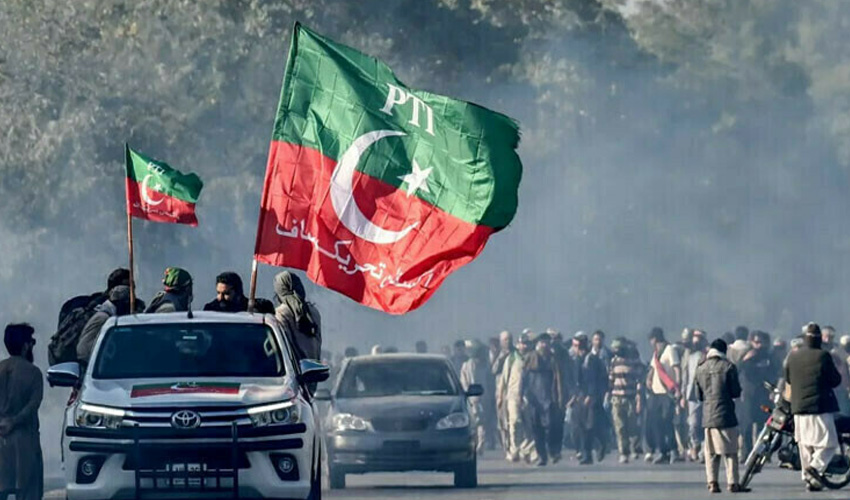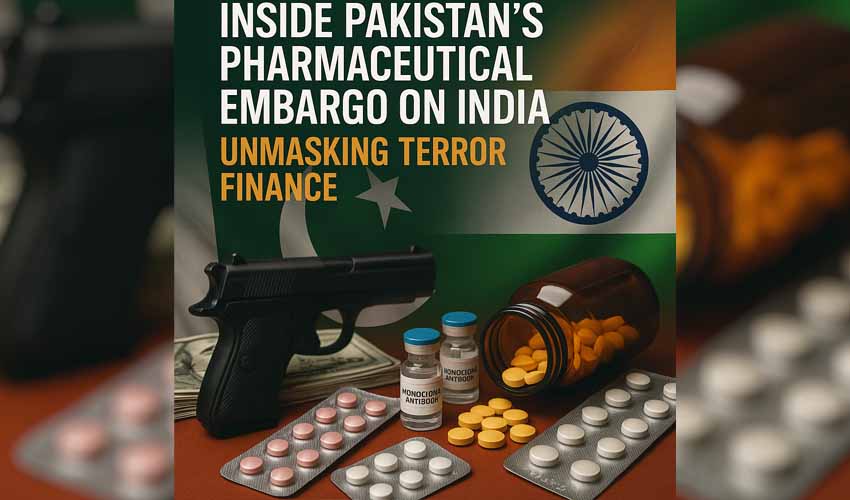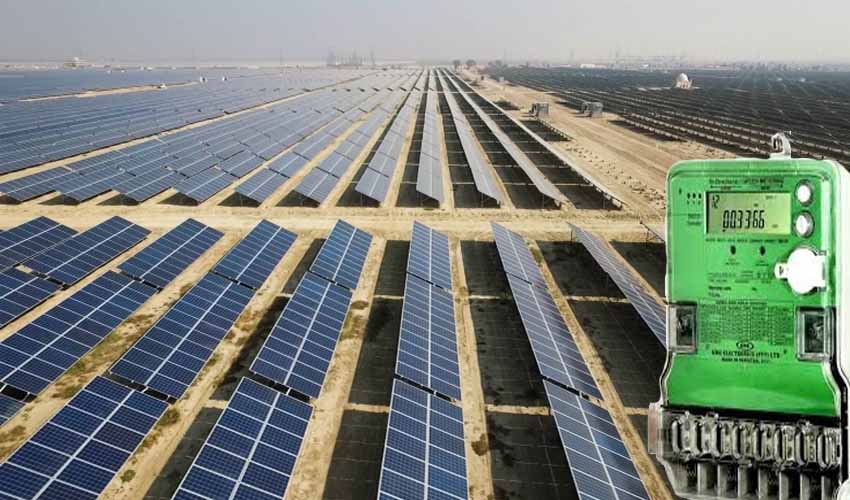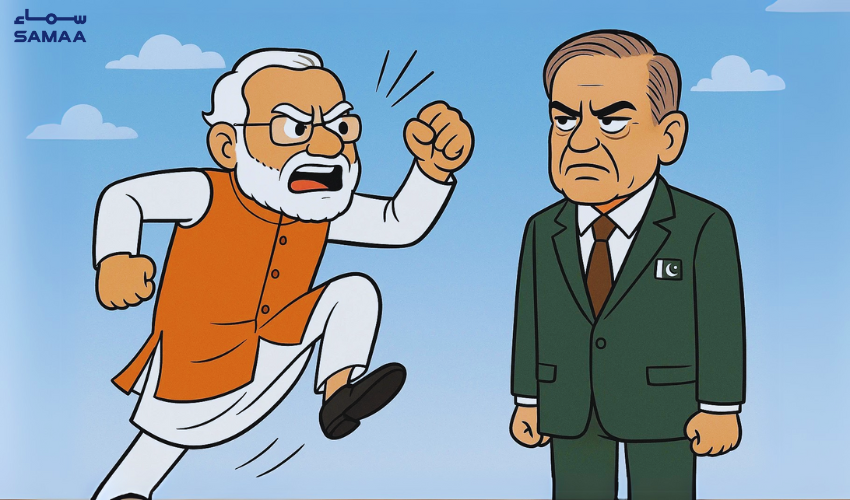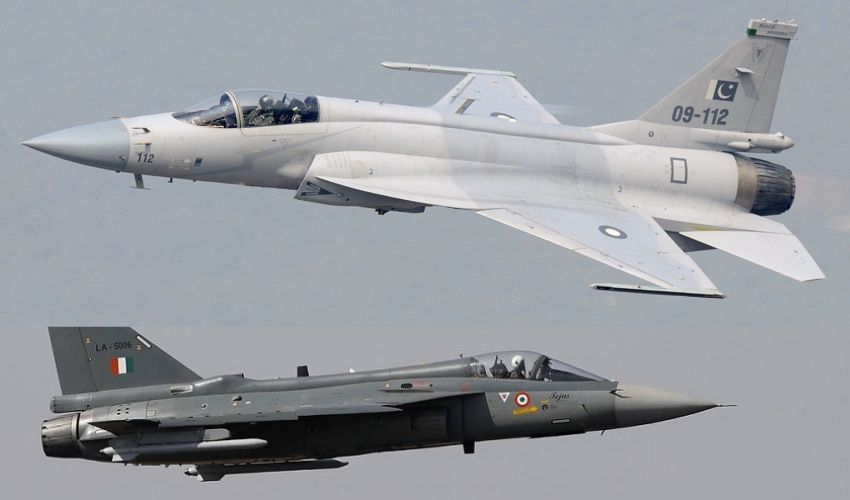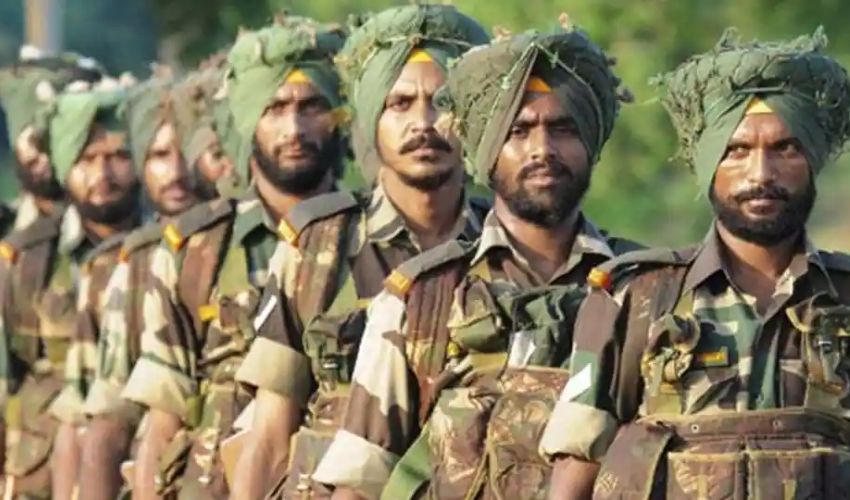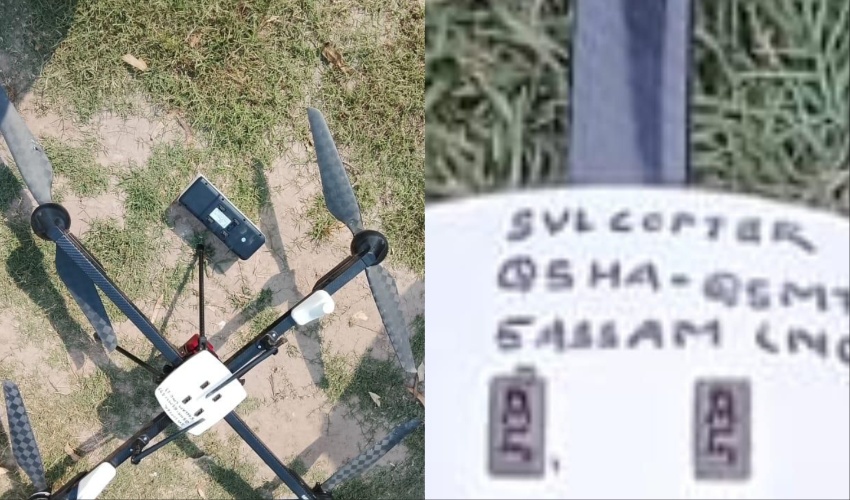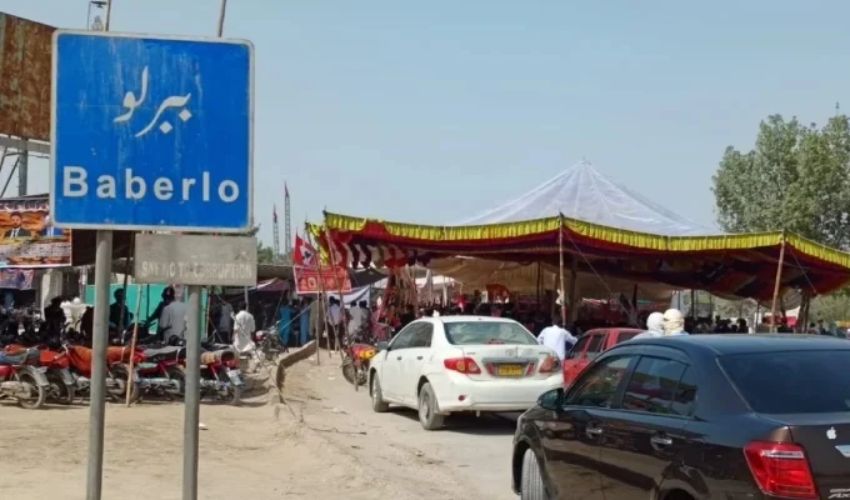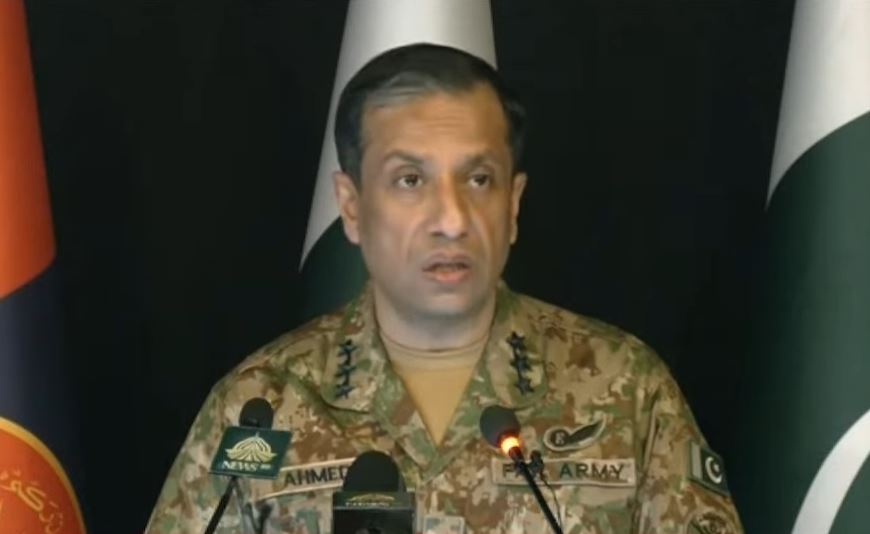The recent troubles surrounding the Pakistan Tehreek-e-Insaf (PTI) and their explosive confrontation with the establishment begs the questions now: What does political protest entail; and what is the responsibility of a leader to protect democracy?
It is just as important to uphold the PTI's right to protest-a fundamental right of democracy-such it also bears the responsibility to act within the limits of the law. The sit-in it staged in D-Chowk in Islamabad had affected the rights of other citizens enormously. The disruption infringed upon the constitutionally guaranteed freedoms of movement, economic activity, and a peaceful existence for residents of the capital. Such actions cross the line from protest to infringement, particularly when civic authorities did not grant permission for the gathering. Insisting on taking Imran Khan, a man currently under trial, to the protest and threatening force to do so further compounded the issue. This approach, at its core, was misguided.
Political Confrontation vs. Constructive Dialogue
PTI’s stance seems to have shifted towards extremism. Their rhetoric, particularly in provincial assemblies, is increasingly polarised, escalating political differences into outright confrontation. This trajectory risks undermining the very democratic values they claim to uphold. A political movement that once inspired hope is now treading dangerous waters by embracing a divisive, almost anti-state narrative.
The Anatomy of Chaos
The “Final Call” protest was anything but peaceful. Credible sources suggest it was a meticulously planned operation, with alarming reports of armed teams and coordinated strategies. Images of individuals carrying tear gas and other weapons paint a troubling picture of the protest’s intent. Such tactics not only breach democratic norms but also resonate with the chaos seen during the UK riots, where misinformation fuelled violence and division.
Misinformation has played a pivotal role in PTI’s strategy. Fabricated images and doctored videos, some reportedly AI-generated or sourced from unrelated events like the Gaza conflict, have been circulated to create a false narrative of state violence. This manipulation has sown mistrust and confusion, echoing the devastating impact of fake news during the UK riots.
A Disregard for Human Dignity
One of the most disturbing elements of PTI’s recent strategy is its politicisation of human lives. Last year in Multan, deceased individuals were placed on stage at a rally, turning a solemn tragedy into a political spectacle. Such actions reflect a disregard for human dignity and an unhealthy prioritisation of political leverage over compassion. This tactic mirrors the exploitation seen in the UK riots, where casualties were sensationalised to inflame public sentiment.
Economic and Diplomatic Fallout
PTI’s protests have left a trail of economic and diplomatic damage. Disruptions caused by burning containers and sabotaging the visit of the Belarusian president have tarnished Pakistan’s international image and inflicted significant losses on traders. These actions harm the very citizens PTI claims to represent and undermine the nation’s economic stability.
A House Divided
Internally, PTI seems to be grappling with disunity. Key figures were notably absent during critical moments of the “Final Call,” and recent developments, such as the de-notification of Bushra Bibi’s spokesperson, suggest internal chaos. A divided house cannot stand, and this internal discord undermines the party’s credibility.
What's Next?
Pakistan stands at a crossroads. The parallels between the “Final Call” and the UK riots serve as a stark reminder of the destructive potential of misinformation and divisive politics. It is time for PTI to reflect on its approach and embrace constructive dialogue over confrontation. For the government, strengthening initiatives like the E-verification cell to combat fake news is vital.
As a nation, we must prioritise unity, truth, and the rule of law. Political differences should foster healthy debate, not chaos. Only through collective responsibility can Pakistan move forward, ensuring democracy thrives while safeguarding the rights and dignity of all its citizens.





